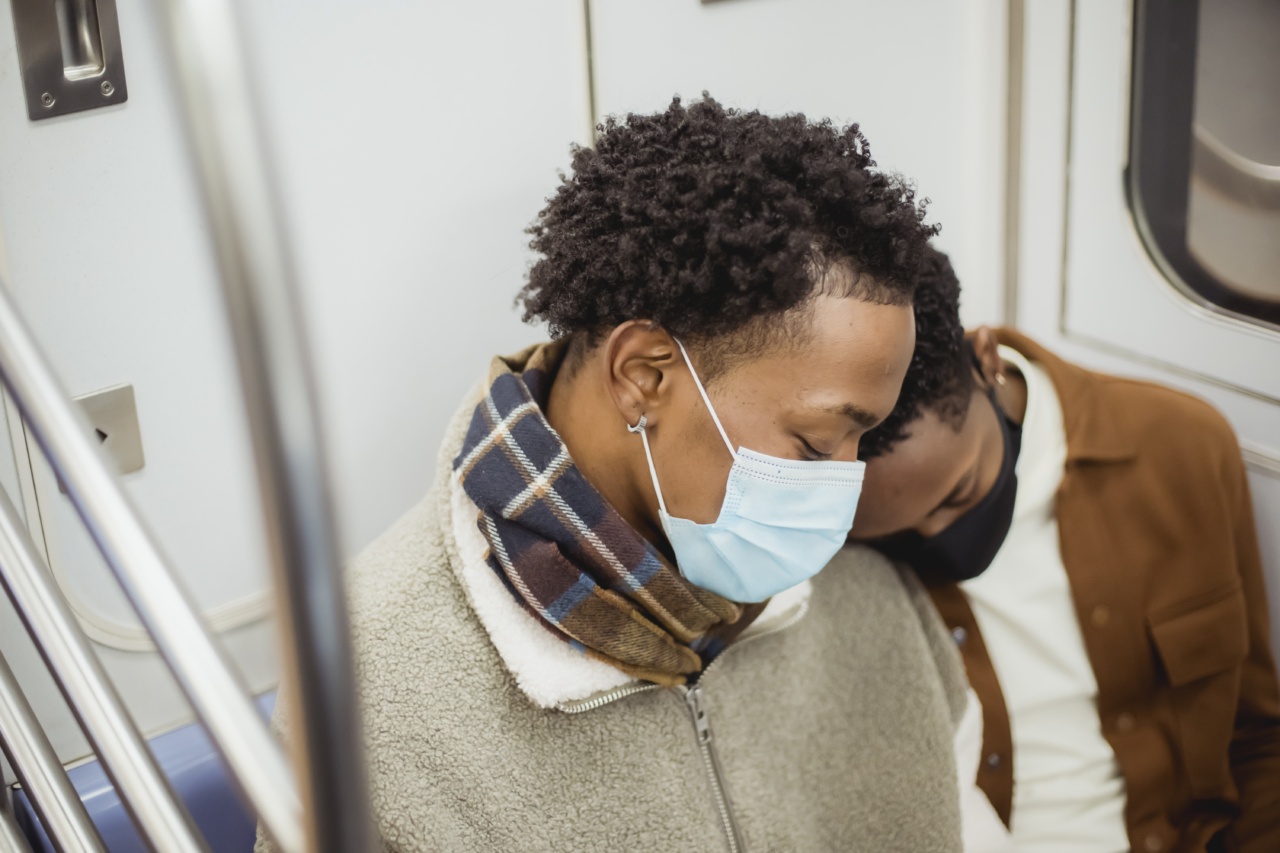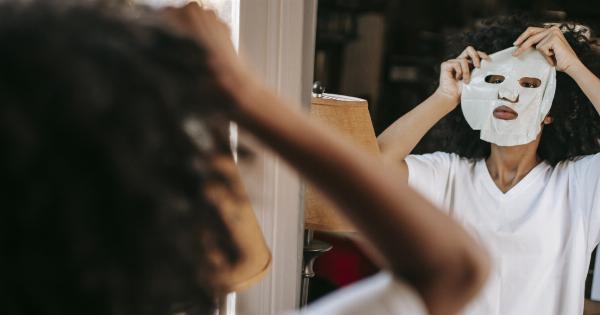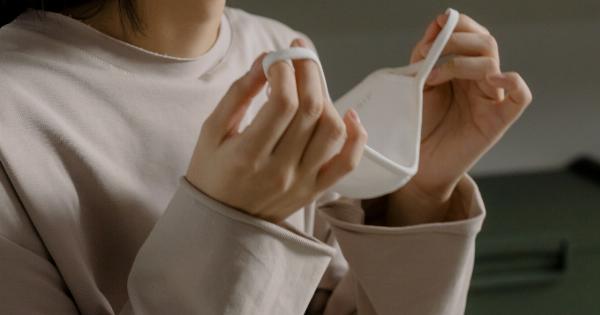Sleep apnea is a sleep disorder that affects millions of people worldwide. It is caused by the collapse of the airways while you sleep, leading to breathing difficulties, snoring, and restless nights.
For most people with sleep apnea, a mask is the recommended treatment to improve their condition. In this article, we will explore how the mask can improve your sleep apnea and how you can choose the right one for you.
What is a sleep apnea mask?
A sleep apnea mask is a device designed to help you breathe better while you sleep. It is a mask that covers your nose and/or mouth and is connected to a machine that delivers continuous positive airway pressure (CPAP).
The mask functions by delivering air pressure that keeps your airways open while you sleep, preventing the collapse that causes sleep apnea.
How does the mask improve sleep apnea?
The mask helps you improve sleep apnea by delivering a continuous flow of air pressure to keep your airways open while you sleep.
This constant flow of air acts as a splint for your airways, preventing them from collapsing and allowing you to breathe normally.
Sleep apnea can lead to significant health problems if not treated properly. It has been linked to high blood pressure, heart disease, stroke, and diabetes.
By improving sleep apnea, the mask can reduce the risk of these severe health issues and improve your general health and well-being.
Types of sleep apnea masks
There are several types of sleep apnea masks available. They differ in shape, size, and style, and each has its own benefits and drawbacks. Here are some of the most common types of sleep apnea masks:.
Nasal masks
The nasal mask is the most common type of sleep apnea mask. It covers only the nose and has straps that go around the head to hold it in place. Nasal masks are a popular choice because they are comfortable and easy to use.
They provide a secure seal and are suitable for people who breathe through their nose.
Full-face masks
The full-face mask covers both the nose and mouth. They are suitable for people who breathe through their mouth or those who experience nasal congestion. Full-face masks provide a secure seal and are less likely to slip off during the night.
However, they can be slightly bulkier than nasal masks and may take some time to get used to.
Nasal pillows
Nasal pillow masks are a newer type of sleep apnea mask. They have soft, silicone inserts that sit at the entrance of the nostrils. They are lightweight and minimalistic and provide a comfortable fit.
Nasal pillows are suitable for people who find traditional masks uncomfortable or those who experience claustrophobia.
Choosing the right mask for you
Choosing the right mask can make a significant difference in how well you adjust to using CPAP therapy. Here are some factors to consider when choosing the right mask for your needs:.
Fitting
Fit is a crucial factor when selecting a sleep apnea mask. A poorly fitting mask may leak air and be uncomfortable to wear. It is essential to choose a mask that fits correctly and provides a secure seal.
Your healthcare provider or respiratory therapist can help you find a mask that fits you correctly.
Comfort
Comfort is another crucial factor in choosing a sleep apnea mask. You will be wearing the mask for several hours each night, so it is essential to find one that is comfortable and meets your needs.
Try on different masks and experiment with different styles to find one that feels comfortable to wear.
Sleeping position
Your preferred sleeping position can also influence the type of mask you choose. If you are a side or stomach sleeper, a nasal pillow or nasal mask may be a better option. If you sleep on your stomach, a full-face mask may be more comfortable to use.
Cleaning and maintenance
Cleaning and maintaining your mask is essential to your overall health and well-being. Choose a mask that is easy to clean and has replaceable parts.
Proper cleaning and maintenance can prolong the life of your mask and ensure a hygienic and comfortable sleep environment.
Conclusion
A sleep apnea mask can be a life-changing device for those who suffer from sleep apnea. It provides a constant flow of air to keep your airways open, improving your sleep quality and overall health.
When choosing a sleep apnea mask, consider your fitting, comfort, sleeping position, and cleaning and maintenance needs. Talk to your healthcare provider or respiratory therapist to find the best mask for you.






























